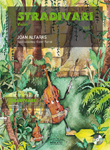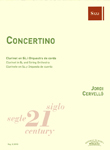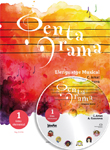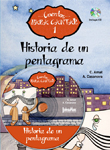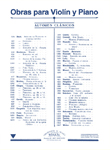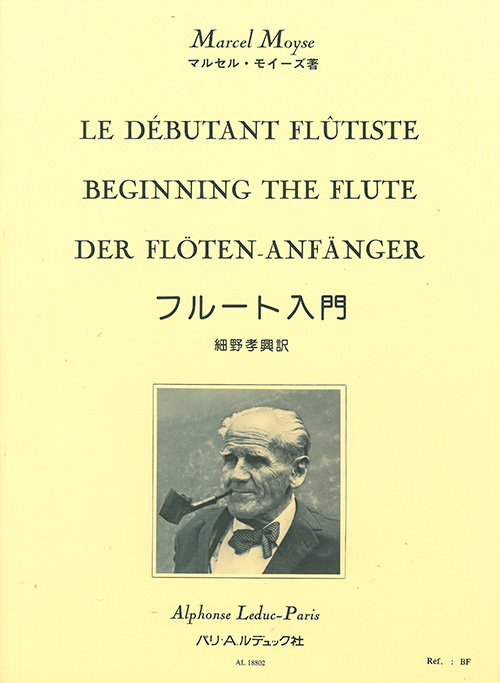WORKS
- Genre
-
Musical education
- Choir
- Counterpoint
- Dictation
- Direction
- Exam study manuals
- General music pedagogy
- Harmony
- Hearing
- Illustrations / Posters
- Improvisation / Sight reading
- Instrument methods
- Instrument pedagogy
- Instrumental study repertoire
- Instrumentation and orquestration
- Musical language
- Solfège
- Templates
- Theory and analysis
-
Incidental music
-
Lined paper
-
Flamenco
-
Religious music
-
Classical / contemporary
-
Modern music
-
Folk music / traditional
-
Musicology
-
Divulgation
-
Games and hobbies
-
Music therapy
-
Children / Youth
-
- Instruments
- Ensemble
- Difficulty level
- Period
- Genre
SOPORTE
Search
Find here: books, scores, composers, digital pieces, cd's
Best-selling works
Our classics
Newsletter
I wish to be informed of the news about your music
We have received your e-mail correctly
Multimedia
Le Débutant Flûtiste
Flauta
MOYSE, MarcelMOYSE, MarcelMOYSE, MarcelReg.: AL18802
28,00 €
P.V.P. (VAT included 4%)
Add to cart
- Ensemble: Solo.
- Genres: Classical / contemporary: Chamber.
Musical education: Instrumental study repertoire.
- Language of the comment: Francés, Inglés, Alemán, Japonés, Mandarín
- Product format: Libro
- Difficulty level: Elementary
- Period: 1st half S. XX
- Publishing house: Alphonse Leduc
- No. of pages: 32
- Measure: 31,00 x 23,00 cm
- Available in digital: No
- Available for rent: No
Since the quality of a flautist's tone is largely dependant on his earliest exercises and the nature of his initial acquaintance with all the notes of the instruments, it seems to me that the publication of this collection represents a worth-while venture.
I have therefore deliberately broken with the tradition of writing the exercises in order of keys, and also that of going on directly to certain notes an ctaver higher simply because their fingering is the same.
For similar reasons I have placed the accidentals immediately in front of the notes; this will spare the stuent the trouble of learning theoretical rules, for although such rules are un doubtedly useful, they may distract a student and prevent him from concentrating on how to obtain beauty of tone.
The present book consists of 13 lessons.
The first four lessons deal solely with the easiest noets; the learner should strive to play them clearly, mezzo forte, and with constant care that no note should be produced by a violent effort. The following three lessons will acquaint the student with the problems of passing from the lower to the medium registeeer, and each subsequent lesson will introduce three fresh notes.
Thus, after thirteen lessons, the student will have mastered all the notes.; he will have acquired them simply and without recourse to such violent methods as will impair tone quality besides effectively discouraging the student right from the start.
It will be observed that the lessons each occupy two pages, the second constituting a development of the first; this means that the student who may have difficulty in playing the second page for reasons of breathing, time or reflexes, will be able to practise pages 2, 4, 6, 8, 10, 12, 14, 16, 18, 20, 22, 24 and 26, omitting the odd-numbered pages; he may then return to pages 3, 5, 7, 9, 11, 13, 15, 17, 19, 21, 23, 25 and 27, this time also repeating the even-numbered pages, which will make for an excellent exercise in revision.
M. Moyse

